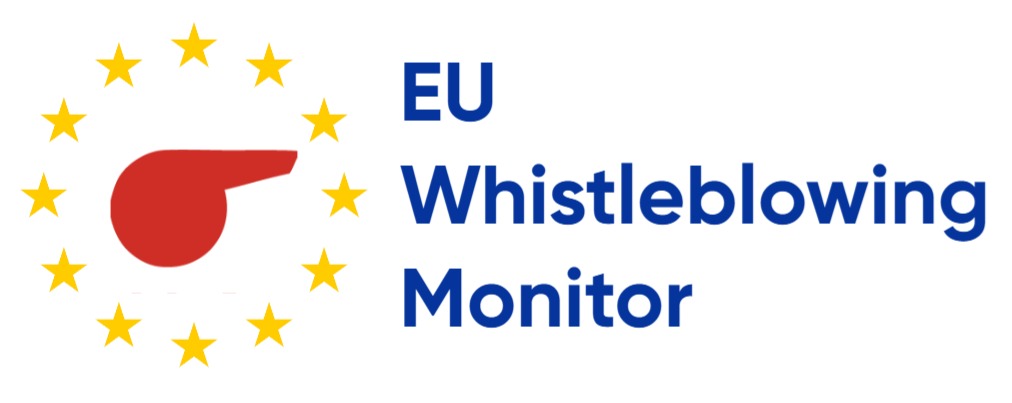Source: loi.mlalerte.org
A new draft whistleblower protection law to transpose the landmark EU Directive on Whistleblowing, proposed by MP Sylvain Waserman has been successfully adopted at its first reading in Parliament in France.
Waserman is a French MP and is former Rapporteur on whistleblowing at the Council of Europe.
The Bill, proposed by MP Sylvain Waserman was adopted at first reading on Wednesday 17 November.
Whilst several proposed amendments to improve the already progressive Bill proposed by a coalition of civil society organisations organised by WIN Member Maison des Lancuer d’Alerte (The House of Whistleblowers) were largely endorsed by sitting parliamentarians, they were mostly not officially incorporated into the law. Progress was made on the following:
- Clarification of the procedure for authorities to conclude investigations to be specified by regulation (amendment tabled by MP Cécile Untermaier)
- The ability for the Défenseur des Droits (the Human Rights Defender) to refer whistleblowing cases to various other competent authorities (amendment tabled by MP Philippe Dunoyer)
- Increasing the duration of time allowed for maintaining anonymised data when handling whistleblowing reports (amendment by Sylvain Waserman, MP)
- Clarification on the guarantee of the independence of employer whistleblowing channels (amendment by MP Ugo Bernalicis)
- Provisions for the employer to pay additional financial support where the whistleblower’s suffers a serious deterioration in his or her situation (amendments tabled by MPs Sylvain Waserman and Raphaël Gauvain)
- Specification of the ability for a judge to award advance financial payments to a whistleblower, including in cases where he or she subsequently loses whistleblower status (amendment tabled by MPs Sylvain Waserman and Raphaël Gauvain)
- Provisions for financial penalties for an employer who initiates a SLAPP (Strategic Litigation against Public Participation) lawsuit, including where a public prosecution is initiated by a complaint with civil party status before the investigating judge (Government amendment)
- Obligation on the Défenseur des Droits (Human Rights Defender) to decide on whistleblower status within a period of no more than 6 months.
It should be remembered that the provisions of the ‘Waserman Bill’ already incorporated the minimum requirements of the EU Directive, including:
- removal of the requirement to report first internally to an employer prior to reporting to a competent authority;
- removal of the need for the whistleblower to be ‘désintéressé’ – having no personal interest reporting – which was a vague and complex criteria and thus a source of legal insecurity for whistleblowers;
- introduction of full criminal immunity for whistleblowers, including for any means they used to obtain information.
The proposal also extends the protection of facilitators to include legal persons as well as natural persons (although in doing so it did not guarantee the same level of protections as individual reporting persons, nor source protection privilegeas NGOs and unions were asking for)
The law must now pass through the Senate, which is anticipated to be more difficult.
The deadline for France and all other 26 Member States of the EU to fully transpose the Directive is the 17 December 2021.
